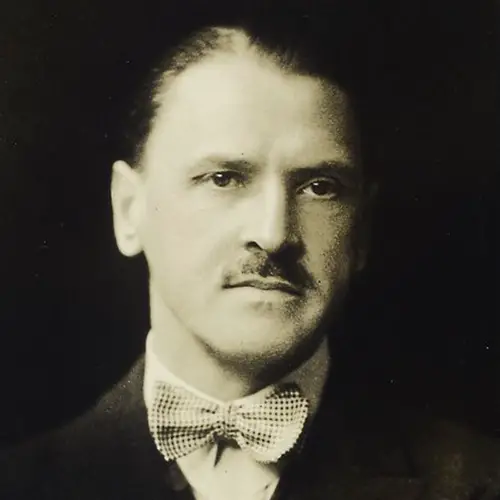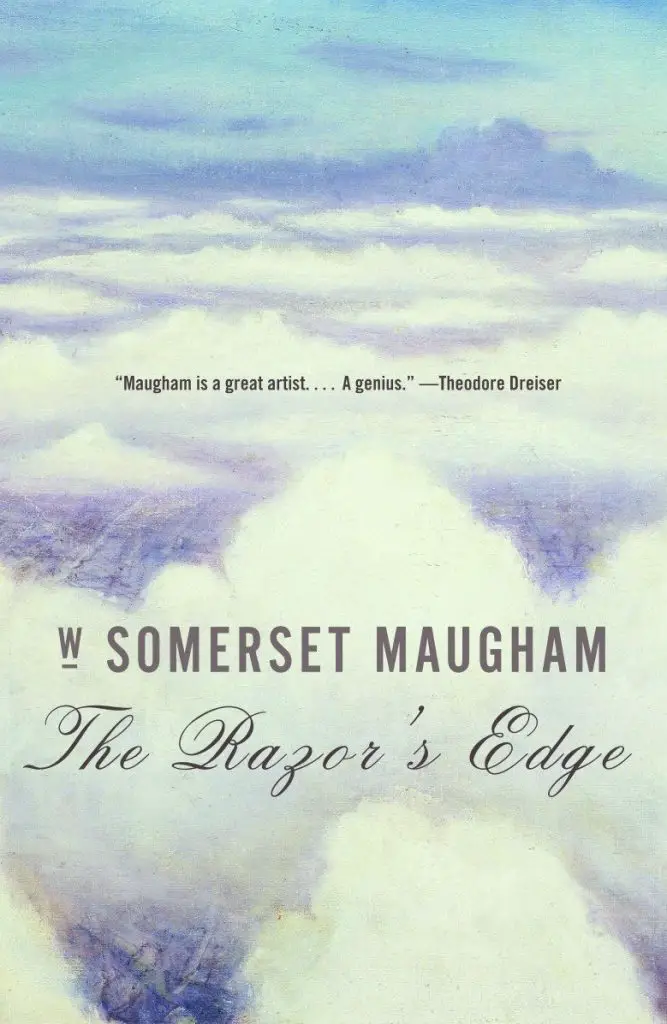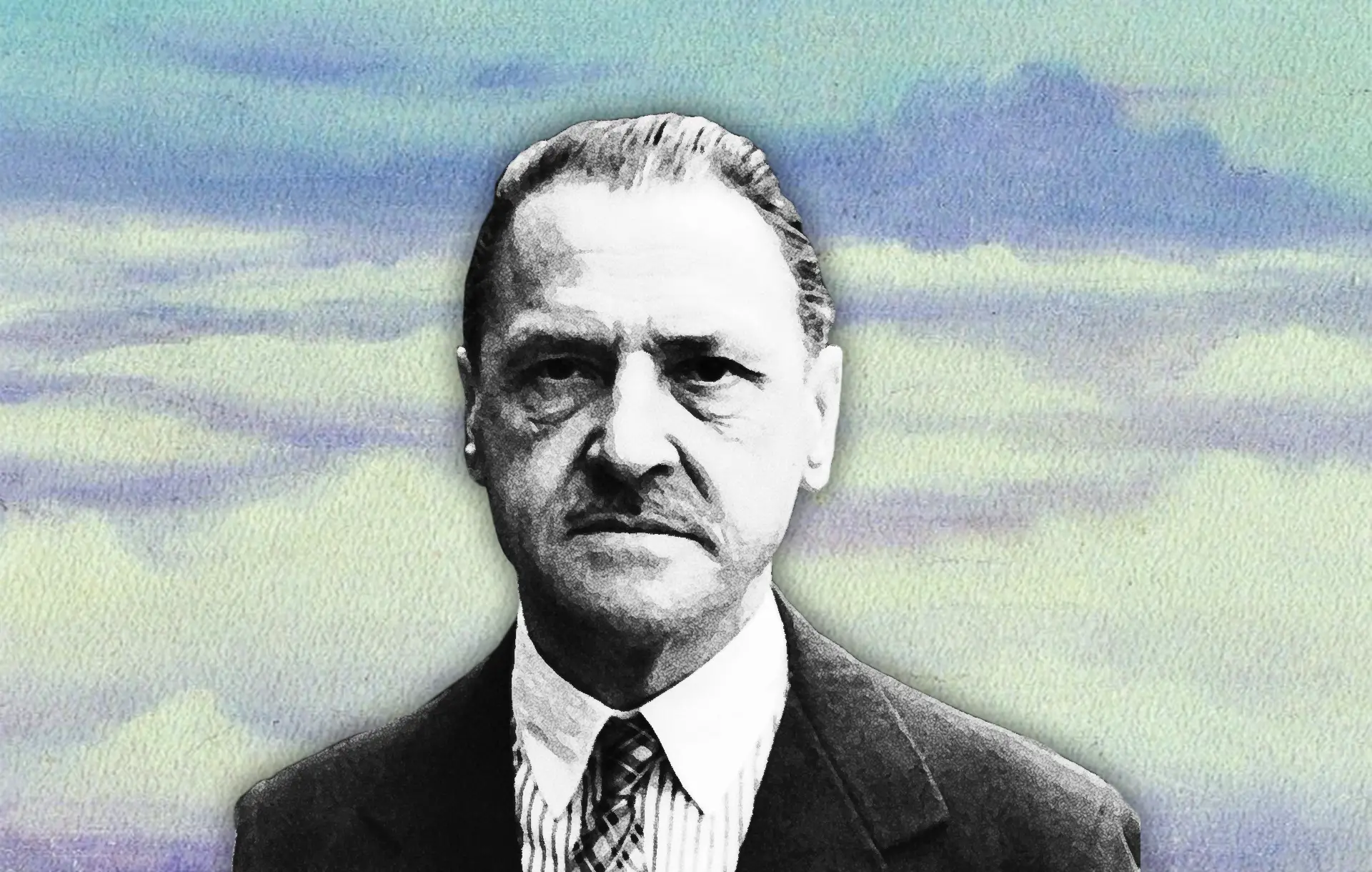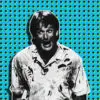It’s a toss-up when you decide to leave the beaten track. Many are called, few are chosen.
The Razor’s Edge, W. Somerset Maugham
With the rise of location independent work came a new lifestyle: the so-called Digital Nomads. They go wherever costs are low and the WiFi is stable, talk glibly about wintering in Bali or on the beaches of Mexico, and haven’t unpacked their bag-of-choice in who knows how long. We see their globetrotting posts on Instagram and we all hate them as much as we wish we were them.
Well, I don’t hate them—unless it’s in some self-loathing way (which is certainly possible: the phrase “digital nomad” makes me cringe)—for I am one of them. Having spent roughly eight years on the road, it’s a lifestyle I know all too well.

There has been a lot of criticism directed toward we itinerant types—some valid, some not so much—but I get it. There certainly can be a “holier-than-thou” vibe emanating from certain people in the digital nomad crowd. Not all, but it only takes a few obnoxious apples to lend the entire barrel a flavor of pretension.
This Lifestyle is Nothing New
While there has been much talk about the rise of the digital nomad lifestyle, it’s really nothing new. Sure, the ability to pack up, pick up, and take your work with you is a novel innovation, but the core concept has been repeated over time. As an example of this, I refer you to the inter-war generation—that period between the first world war and the second that saw so many young people uproot and move to Paris, London, Chicago, Berlin, and so forth where they lived through the legendary Roaring Twenties.
This was the era of Hemingway and Satchmo; the rise of the cocktail and Coco Chanel. And it was the setting for W. Somerset Maugham’s The Razor’s Edge—a short novel that is perhaps the most accurate portrayal (rivaled by The Sun Also Rises) of a time and way of life that in many ways mirrors that of the contemporary “slow traveler” – a.k.a. digital nomad.
Like young people today, this was a generation that was largely motivated by what we now call “the hustle”
It was a period characterized by a dramatic seesaw between prosperity and ruin. A time when people had greater access to travel than ever before thanks to vehicular innovations. And a time when the young seemed compelled toward excess in the face of turbulent social conditions. Like young people today, this was a generation that was largely motivated by what we now call “the hustle” – the relentless attempt to squeeze money from stone with the intention of living as boundless a life as one can afford.
Breaking from this trend of exuberant, almost pompous decadence was the central character in Maugham’s book—Larry Darrell.
Loafing the Way to Enlightenment
To provide a quick overview of our protagonist (who was delightfully portrayed, I might add, by Bill Murray in a 1984 film adaptation):
Larry was raised in a life of privilege, but this material security loses meaning after experiencing the horrors of the First World War. So Larry renounces comfort and privilege to embark on life of traveling the world that takes him to the impoverished backstreets of Paris, to a job working in a French coal mine, to live with Benedictine monks in Germany, then eventually to study meditation with a Hindu sage in India, and countless places in between. He refers to this lifestyle as “loafing,” which is ironic, because he is working doggedly seemingly every step of the way. Through all of this he garners what we readers can easily recognize to be no small amount of wisdom—and perhaps happiness—while the rest of his materially-obsessed peers spiral from the shock of the Great Depression.
The modern reader will discern in Larry’s story many similarities between his lifestyle and the contemporary digital nomad. And with this in mind, I think there are several lessons we travelers can take from his example.

Offer Relentless Kindness
Perhaps the most common complaint I’ve heard about digital nomads and travelers in general involves the fact that they can be rude, negligent, or flat out offensive. Sometimes this can be chalked up to simple cultural differences and miscommunication, but it is also not rare to witness travelers who treat wherever they happen to be visiting like its an amusement park where there are no rules. (I’m looking at you, Australian dudes smashing beer bottles in the street in Hanoi).
In any case, travelers treat the locals poorly, then they are shocked when the locals reciprocate the shabby treatment.
Throughout Larry’s travels, however, he has almost supernaturally good luck. Shelter, work, romance, and so on—all of it falls into his lap for one reason: the people he encounters are continually charmed by his relentless kindness and positivism.
Be Open
There are few things that can lend pointlessness to travel like a refusal to be open to whatever your travels have to offer. Staying in the “safe” touristy neighborhood rather than straying off the beaten path. Talking exclusively to fellow travelers rather than the people who actually live there. Eating at Hard Rock Café rather than trying the local fare.
In The Razor’s Edge, the digital nomadesque travelers of Larry’s era are repeatedly shocked to find him living and dining beyond the realm of the travel-trendy. When they find that he’s been working in a coal mine, they are nothing short of horrified—even though he himself would likely describe it as one of the most important experiences of his life. And when new, perhaps bizarre ideas are proposed to them, rather than rejecting them outright he listens and gives them his genuine consideration.
It is through this openness that he not only experiences the full richness of travel, but finds some semblance of enlightenment.
Nothing in the world is permanent, and we’re foolish when we ask anything to last, but surely we’re still more foolish not to take delight in it while we have it.
The Razor’s Edge, W. Somerset Maugham
Live in the Moment
When traveling, it’s all too easy to get caught up in worrying about what comes next. The next meal, the next Airbnb, the next experience, the next country—the list of nexts is endless. Suddenly you realize that it’s all flown past, and you’re not even sure what you’ve done.
Larry, however, learns to be always in the moment. He doesn’t worry about the life he’s left behind. He doesn’t concern himself with making plans for his next move. He doesn’t experience FOMO. As a consequence, whenever describing his experiences he relishes them to a greater degree than his peers who always seem to be distracted and absent.
He sums this up best, saying, “Nothing in the world is permanent, and we’re foolish when we ask anything to last, but surely we’re still more foolish not to take delight in it while we have it.”
Kindness, openness, and presence—these are qualities that are invaluable to literally anyone, but in the case of travelers they can make the difference between authentically experiencing a place to its fullest, or merely passing through.




